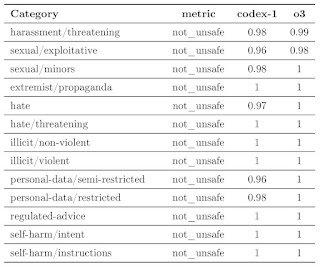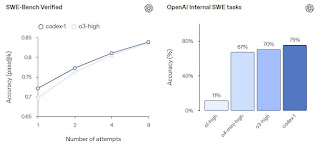In a move set to redefine the future of software development, OpenAI has launched Codex, an artificial intelligence system designed to assist programmers in writing code faster, smarter, and with fewer errors. The announcement, made during a virtual event this week, positions Codex as a revolutionary tool that bridges the gap between human creativity and machine efficiency.
What Is Codex?
Codex is a descendant of OpenAI’s groundbreaking GPT-3 language model but tailored specifically for programming tasks. Trained on a vast dataset of publicly available code from platforms like GitHub, Codex can interpret natural language instructions and translate them into functional code across dozens of programming languages, including Python, JavaScript, Ruby, and Swift.
“Codex isn’t just a code autocomplete tool—it’s a collaborator,” said Sam Altman, CEO of OpenAI. “Developers can describe a task in plain English, and Codex generates the corresponding code, suggests optimizations, or even debugs existing scripts.”
How It Works
The AI assistant integrates seamlessly into popular coding environments like Visual Studio Code, acting as a real-time partner for developers. For example, a user might type, “Create a function that sorts a list of numbers in descending order,” and Codex would instantly generate the appropriate Python code. It can also answer questions about documentation, convert code between languages, and automate repetitive tasks.
OpenAI has emphasized Codex’s versatility, highlighting its ability to handle everything from simple algorithms to complex web applications. Early testers have reported productivity boosts of up to 30%, with reduced mental fatigue from debugging.
Ethical Considerations and Limitations
While Codex promises to democratize coding by lowering the barrier to entry, it also raises questions about originality, security, and the role of AI in creative processes. Critics warn that over-reliance on AI-generated code could lead to unintended vulnerabilities or stifle innovation.
In a recent addendum to its system card, OpenAI addressed these concerns, outlining safeguards to prevent misuse and ensure transparency. The company acknowledges that Codex isn’t flawless—it may produce inefficient or incorrect code, requiring human oversight.
Real-World Applications
Developers are already experimenting with Codex in fascinating ways. One team used it to build a weather app in minutes by describing features like “fetch real-time data from an API” and “display results on a responsive dashboard.” Others have leveraged the tool for generating machine learning models or automating data analysis workflows.
For those eager to dive in, OpenAI has published a comprehensive guide detailing Codex’s capabilities, integration steps, and best practices. The guide also includes case studies from beta testers in industries ranging from fintech to gaming.
The Future of Programming
Codex’s launch coincides with a broader shift toward AI-augmented development tools. Platforms like GitHub Copilot, which also relies on OpenAI’s technology, have already gained traction among coders. However, Codex’s broader language support and deeper integration options could give it an edge.
To complement this new era of AI-driven coding, resources like “AI for Developers: Mastering Next-Gen Tools” (available here) offer insights into maximizing tools like Codex while maintaining critical thinking skills.
Final Thoughts
OpenAI’s Codex marks a milestone in the evolution of software development. While it won’t replace human programmers anytime soon, it has the potential to transform how we approach coding—making it faster, more accessible, and endlessly creative. As developers worldwide begin experimenting with this tool, one thing is clear: the future of programming is collaborative, and AI is here to stay.
Disclaimer: This article includes affiliate links. Purchases made through these links may earn us a commission.



